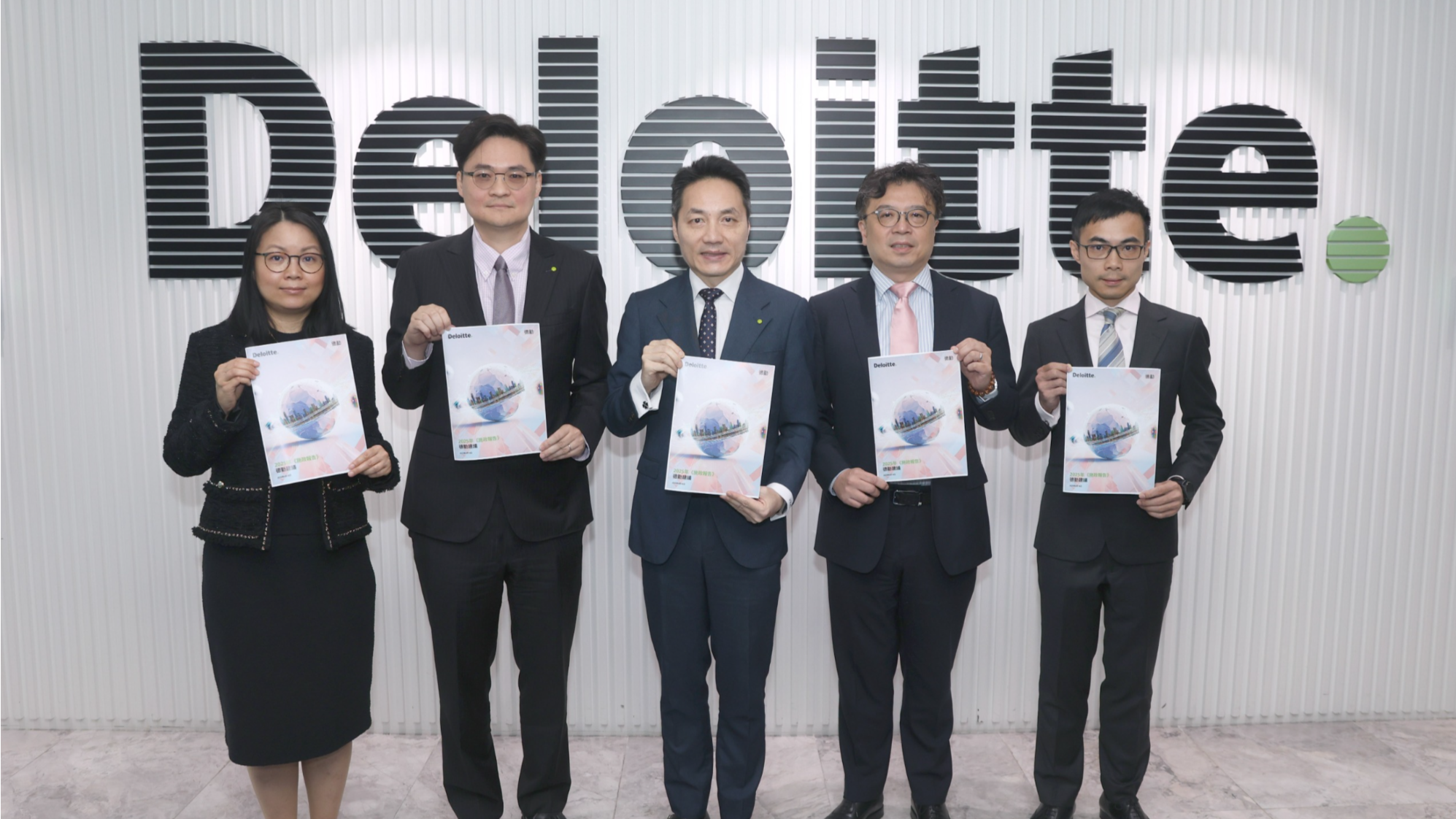
As Hong Kong strives to reinforce its role as a leading international asset and wealth management center, strategists are suggesting a dedicated investment channel for Chinese mainland professionals — a move they say would expand cross-border investment opportunities and attract a larger pool of capital to the city.
Global accounting giant Deloitte on Monday outlined the plan in its recommendations for Hong Kong Chief Executive John Lee Ka-chiu’s upcoming Policy Address in September. The firm’s proposals center on driving Hong Kong’s economic transformation, with one of the highlights being enhancing the New Capital Investment Entrant Scheme (New CIES) by creating a new investment channel for high-earning mainland investors.
Under the New CIES, eligible individuals can obtain a visa and residency in Hong Kong by investing at least HK$30 million ($3.84 million) in permissible assets. The Financial Services and the Treasury Bureau said the plan had attracted more than 1,760 applications as of late July, potentially bringing in over HK$52 billion in investment if all applications are approved.
READ MORE: Deloitte calls for improvements to Hong Kong's tax policy
However, many mainland high-net-worth investors face hurdles due to limited capital for offshore investments, as most of their businesses and assets are on the mainland, said Anthony Lau Ming-young, a Deloitte tax and business advisory leader.
While the Cross-boundary Wealth Management Connect Scheme (Cross-boundary WMC) — a mutual market access initiative between cities in the Guangdong-Hong Kong-Macao Greater Bay Area (GBA) — allows investors to trade across markets in the region, its investment quota of 3 million yuan ($418,000) per individual falls short of meeting New CIES applicants’ needs, Lau said.
Deloitte called on the special administrative region government to set up a new channel, “CIES Connect”, in consultation with mainland authorities, and mirror Cross-boundary WMC’s closed-loop fund flow model to better facilitate transactions in the Hong Kong market to “further open the door to cross-border investment”. The channel could initially target high-net-worth individuals in GBA cities, offering an investment quota of up to HK$10 million, and expand gradually over time, it added.
The firm also urged easing the threshold for real estate investment under the New CIES by lowering the minimum price requirement of a single residential property to HK$30 million from the current HK$50 million.
Last month, Financial Secretary Paul Chan Mo-po said many mainland professionals were having difficulty purchasing properties in Hong Kong due to restrictions on fund transfers from the mainland to the SAR. To alleviate these constraints, the SAR government is working with mainland authorities to examine relaxation plans in order to facilitate capital deployment while guaranteeing that money remains in the city.
In addition to property investment, Deloitte also suggested extending trading hours by one and a half hours to close at 6 pm, with a long-term plan to eventually extend trading to 24 hours, to boost the vitality and liquidity of Hong Kong’s stock market.
READ MORE: Deloitte: Tackle budget deficit with increased profits tax
Edward Au Chun-hing, southern region managing partner of Deloitte China, said it is a “general trend” globally to extend trading hours, citing the Nasdaq Stock Market’s plan to launch 24-hour trading in 2026. As an international financial center, Hong Kong should take the initiative to lead this shift to attract more overseas investors across different time zones, including those in the Middle East, Au added.
Contact the writer at gabylin@chinadailyhk.com


